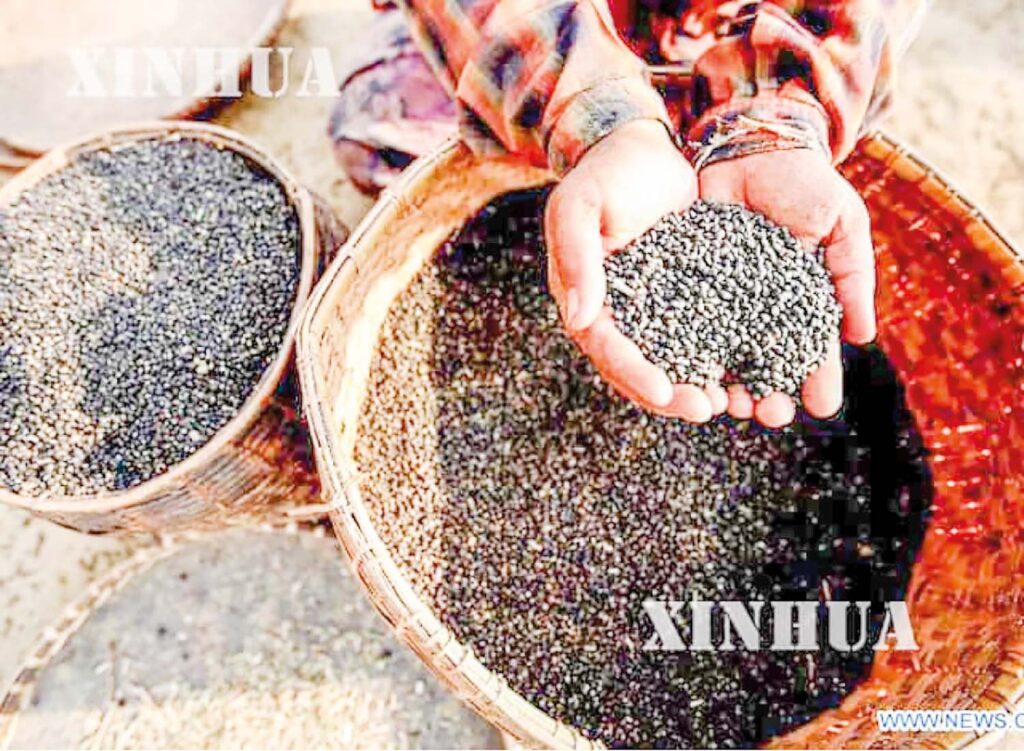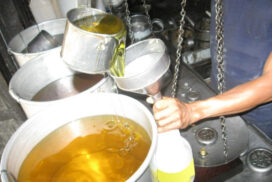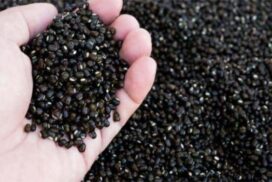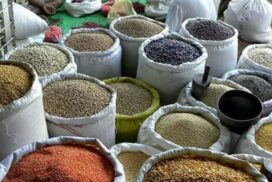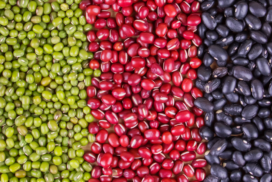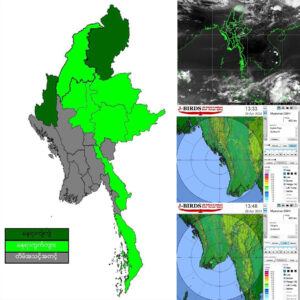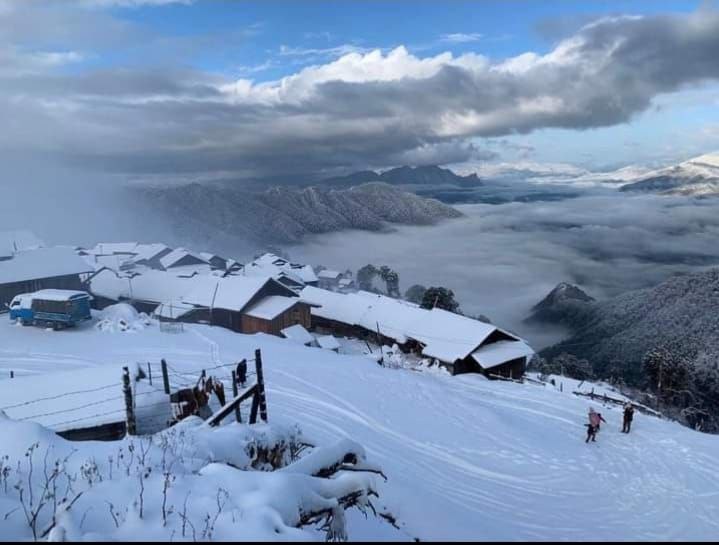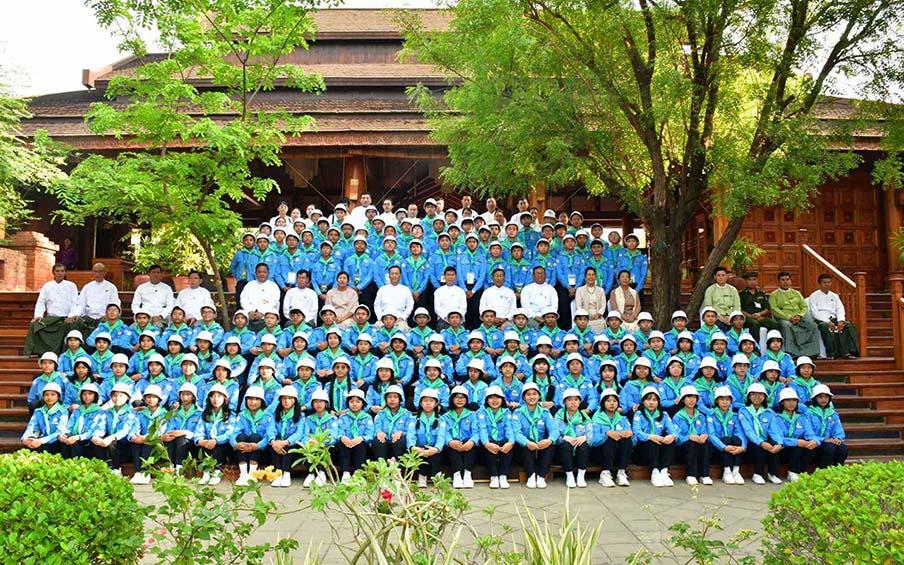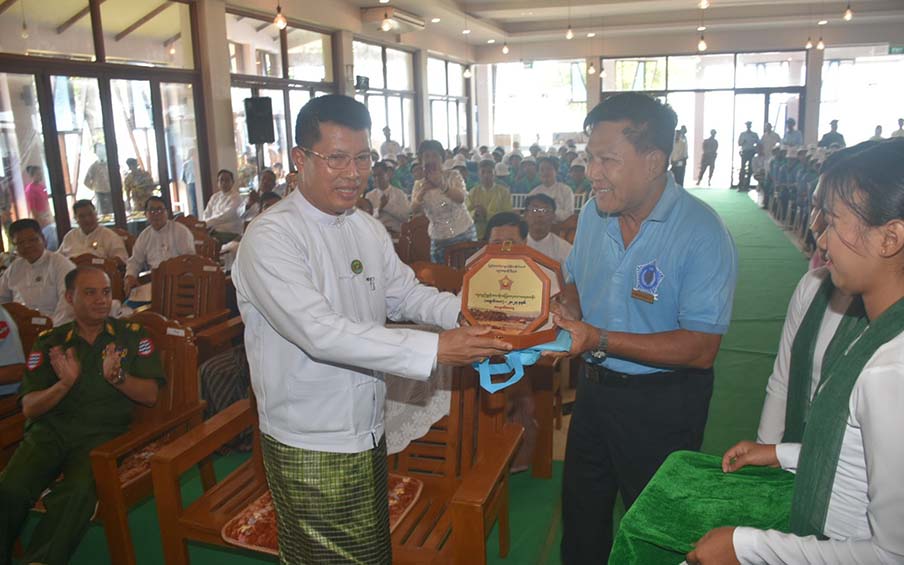The black gram market heads for a strong upswing in late January 2024 on the back of a surge in foreign demand after it has remained unchanged at around K3 million per tonne starting from the end of December 2023.
The price stood at only K3.17 million per tonne on 25 January and then rallied to a new record high of K3.285 million per tonne on 31 January 2024. The figures reflected a sharp rise of K115,000 per tonne within one day.
Additionally, the Kyat devaluation against the greenback and the large volume of shipments contribute to the fresh new peak of the black gram price.
India, the primary buyer of Myanmar’s pulses, is crucial in elevating the prices. It also imports the black gram (urad) from Brazil and other countries. Nonetheless, they prefer Myanmar’s black gram because of its better quality and easy access to ample supply. India extended the free import policy of black gram (urad) and pigeon pea (tur) until March 2025.
Next, India’s pulse output dropped more than expected due to erratic weather in India, prompting them to import a large quantity. India was reportedly to bring in 400,000 tonnes of pigeon pea (tur) and 1 million tonnes of black gram (urad) from Myanmar in two months (January-February) 2024, citing reports by foreign agencies.
Myanmar shipped over 1.25 million tonnes of various pulses worth over US$1 billion over the past nine months of the current financial year 2023-2024, the Ministry of Commerce stated.
Myanmar mainly exports black gram, green gram and pigeon peas to foreign markets. Black gram and pigeon peas are primarily shipped to India, while green grams are exported to China and Europe.
India has growing consumption requirements for black grams and pigeon peas. According to a Memorandum of Understanding between Myanmar and India signed on 18 June 2021, India will import 250,000 tonnes of black gram and 100,000 tonnes of pigeon peas (tur) from Myanmar for five consecutive years from 2021-2022 financial year to 2025-2026 FY. This G-to-G pact will not affect the pulses’ annual quota set by India. Myanmar’s exporters are entitled to deliver the pulses to India under that yearly quota.
Black grams that India primarily purchases are commonly found only in Myanmar, whereas pigeon peas, green gram and chickpeas are grown in African countries and Australia, as stated by the Myanmar Pulses, Beans, Maize and Sesame Seeds Merchants Association. — NN/EM
Black gram market poised for late-January upswing
- February 01, 2024
- 120

